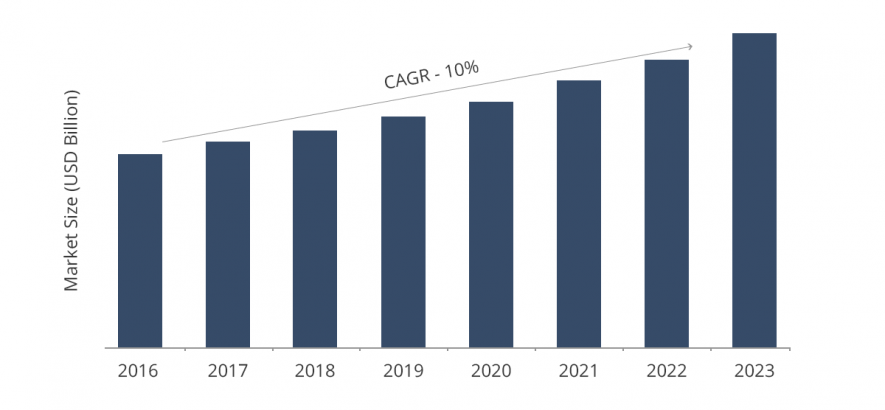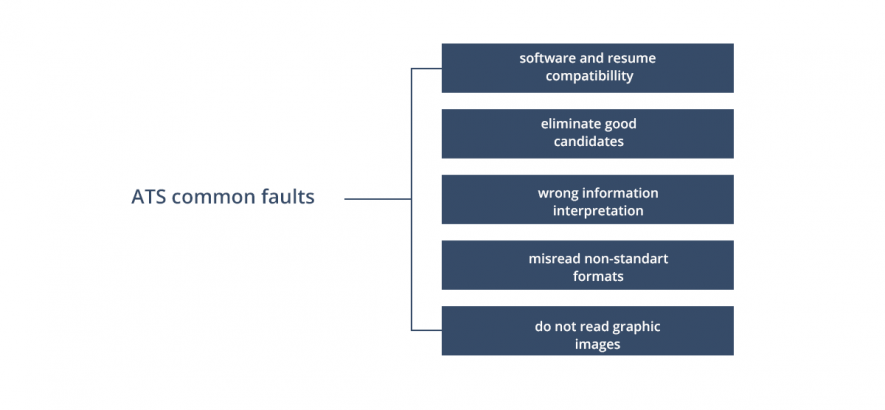Applicant Tracking Systems: review by HR specialist
by Emma Dallas | December 3, 2018 8:52 am
If you know what the abbreviation ATS means and you have the favorite ATS system, then you probably are connected with HR (Human Resources) and recruitment. Applicant Tracking System (ATS) is a software application that assists in the management of recruitment materials.
![]()
Depending on the nature and sphere of implementation such systems may perform different functions including:

Applicant tracking. Ensures that managers can track the progress of all applicants for open roles during the whole process of recruitment.
Applicant workflow. Tracks applicant’s seat in the recruiting process so that HR managers can move them from one step to the next and ensure they don’t fall through the cracks.
Candidate tracking software & communications. Enables recruiters to manage and track emails and other communication with candidates to maintain their electronic record.
Interview management. Allows managers to schedule interviews with candidates and track on which stage of the interview process they are (e.g., if the candidate must pass through several interviews before an offer can be made).
Background checks. Gives an opportunity to submit candidates for background checks, get notifications when they pass and, if they fail, define the reason(s) why.
On-boarding. Helps recruiters to ensure that all new employees filled out all necessary paperwork, completed the administrative tasks and are set up with the proper accounts, logins, and resources to perform their job effectively.
According to the MRFR analysis of the global applicant tracking systems, the ATS market is presently growing and expected to boost the revenue by 10% in the period of 2018-2023.

Expert evaluation of ATS and their most common faults
To understand how good these applications are in practice, we interviewed our HR specialist Victoria.
‘Such systems for tracking applicants are effective for big companies specializing in sourcing and recruiting. When there are hundreds of claims for one job offer, and you have dozens of them, it is essential to apply filters and ATS works great here,’ explains HR manager.
Victoria also defines the main fault of such systems: software and resume compatibility. As it was mentioned before, the system filters candidates according to key criteria from their application forms, and in case there are no required words, the form is omitted.
‘Another important issue is that sometimes ATS can reject resumes for unknown reasons,’ says Victoria. ‘Also I had the experience when such an application eliminated good candidates or misread application forms in PDF format because of the information limits’.
Applicant tracking systems have limited functions and often do not read graphic images and non-standard formats. Basing on the experience of our HR specialist we can conclude that ATS need excessive testing[1] to eliminate the most common faults.

To Summarize
The sphere of HR technologies is developing rapidly, and applicant tracking systems contribute much to workflow optimization. Most companies intensively use them to control the application process. Despite all their advantages, specialists point out typical faults that are in the way to effective process management. Recruiters should consider all pros and cons of using such applications before applying them to a specific workflow.
To know the specifics of HR software testing in QATestLab, please contuct us.
Learn more from QATestLab
Related Posts:
- testing: https://qatestlab.com/services/manual-testing/functional-testing/
- Contuct us : https://qatestlab.com/company/contacts/
- What Makes Recruitment Software More Powerful?: https://blog.qatestlab.com/2020/11/17/recruitment-software/
Source URL: https://blog.qatestlab.com/2018/12/03/applicant-tracking-systems/

